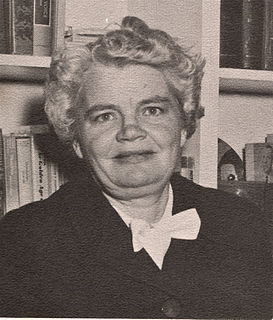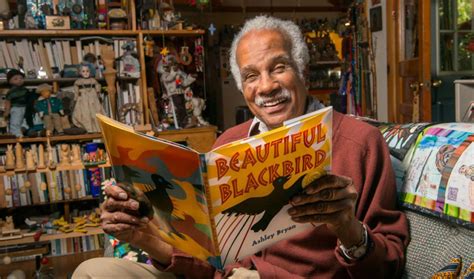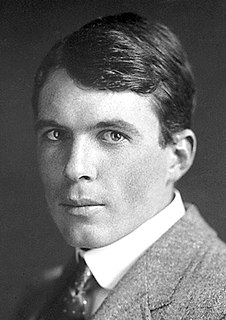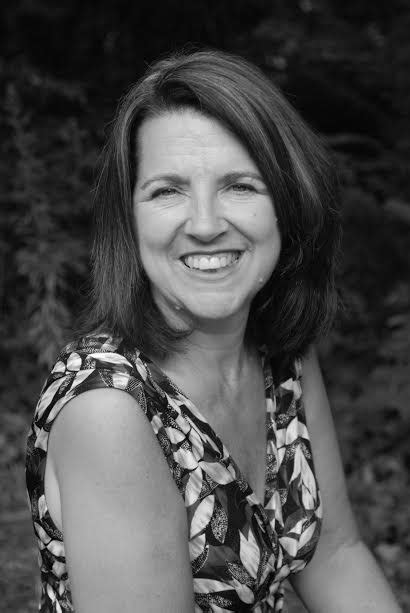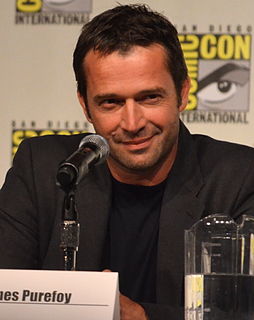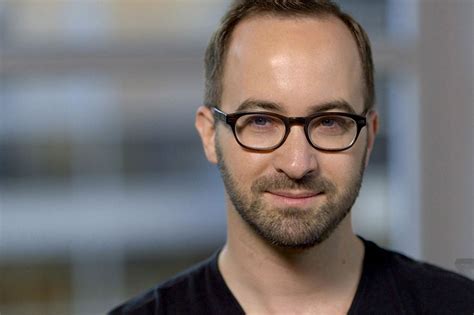A Quote by Lewis Mumford
Moment to moment, it turns out, is not God's conception, or nature's. It is man conversing with himself about and through a piece of machinery he created."We effectively became "time-keepers, and then time-savers, and now time-servers" with the invention of the clock."
Related Quotes
When we rise out of [the night] into the new life and there begin to receive the signs, what can we know of that which - of him who gives them to us? Only what we experience from time to time from the signs themselves. If we name the speaker of this speech God, then it is always the God of a moment, a moment God.
I — I mean," Kate stumbled on, "that with us there is a time past and time present, and time future, and with your gods perhaps there is time forever; but God in Himself has the whole of it, all times at once. It would be true to say that He came into our world and died here, in a time and a place; but it would also be true to say that in His eternity it is always That Place and That Time — here — and at this moment — and the power He had then, He can give to us now, as much as He did to those who saw and touched Him when He was alive on the earth.
You're different. You're more perfect. Time is three things for most people, but for you, for us, just one. A singularity. One moment. This moment. Like you're the center of the clock, the axis on which the hands turn. Time moves about you but never moves you. It has lost its ability to affect you. What is it they say? That time is theft? But not for you. Close your eyes and you can start all over again. Conjure up that necessary emotion, fresh as roses.
Acting is a way to escape who you are for a short period of time. It doesn't happen all the time , but every now and then, the sensation of being 'other' is very profound. You get this moment where you are no longer yourself. You lose consciousness of the crew or the audience... it's a thrilling moment. And even quite spiritual.
Have you ever had a moment where you finish a piece, and then all of a sudden the piece sort of takes on it's own life beyond you? It doesn't happen every time, but there are some pieces where that happens, and I love that. I feel like that's what I'm seeking nowadays, that moment of transcendence with a piece. Where this thing becomes larger than me as a person. It becomes otherworldly, and then I get separated as maker from it, and then it has it's own life. I love that.
And now the moment. Such a moment has a peculiar character. It is brief and temporal indeed, like every moment; it is transient as all moments are; it is past, like every moment in the next moment. And yet it is decisive, and filled with the eternal. Such a moment ought to have a distinctive name; let us call it the Fullness of Time.
Every time we turn to Christ in faith it is like a moment of Sabbath, a little foretaste of eternal rest and glory. The gift of that moment lies not in what we do but what we receive. It is the holy time set aside to receive the greatest gift of God ever has to give, which is himself, in his own beloved Son.
When you start projecting on the future - "Oh my God, I gotta do this and I'm not there yet" - well, of course you're not there yet because you're here now. That time will come. I try to stay in the moment as much as I can and find whatever joy I can in that moment, no matter what it is. Then it doesn't feel as stressful.
Consider the word “time.” We use so many phrases with it. Pass time. Waste time. Kill time. Lose time. In good time. About time. Take your time. Save time. A long time. Right on time. Out of time. Mind the time. Be on time. Spare time. Keep time. Stall for time. There are as many expressions with “time” as there are minutes in a day. But once, there was no word for it at all. Because no one was counting. Then Dor began. And everything changed.
Can any man say with certainty that he was happy at a particular moment of time which he remembers as being delightful? Remembering it certainly makes him happy, because he realizes how happy he could have been, but at the actual moment when the alleged happiness was occurring, did he really feel happy? He was like a man owning a piece of ground in which, unknown to himself, a treasure lay buried.
I think we can learn a lot about a person in the very moment that language fails them. In the very moment they they have to be more creative than they would have imagined in order to communicate. It's the very moment that they have to dig deeper than the surface to find words, and at the same time, it's a moment when they want to communicate very badly. They're digging deep and projecting out at the same time.



